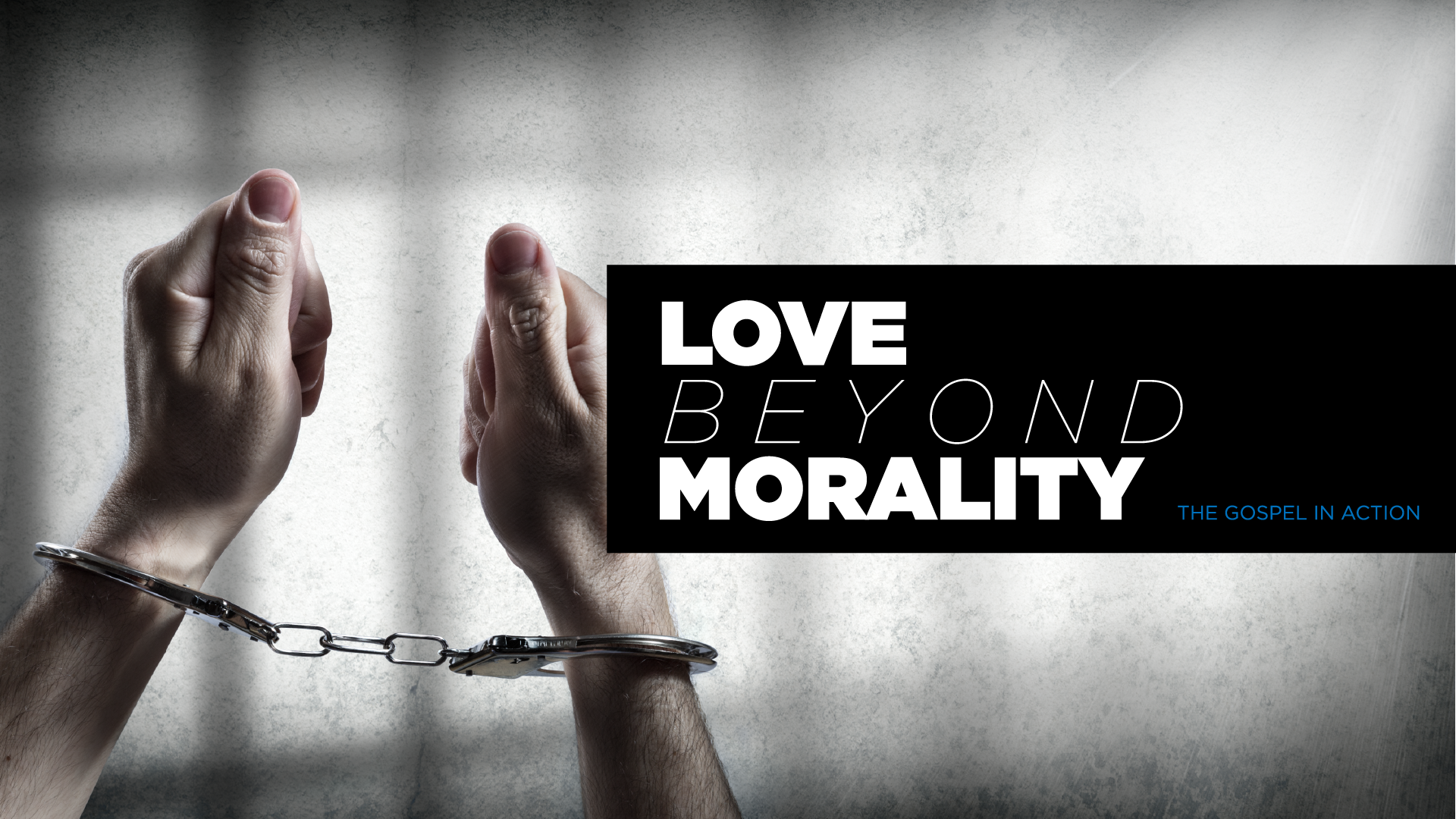To pretend that morality somehow makes us more or less Christian is a lie, Pastor Troy Murphy said in his message on Sunday, Feb. 10.
The theme of his message “Love Beyond Morality” is that we are called to love people beyond their behavior. Here are key points in Troy's message:
*Behavior does not change a heart. Jesus does. We could try to change behavior in people but it won’t change their heart. Behavior does not fix a heart. A heart that’s transformed by Jesus changes how they live. Jesus wants our hearts, not just our behavior.
*We can’t clean ourselves up to become holy. God is reforming our hearts as we have fallen in love with him. The Bible says our holiness or purity is not based on our behavior but on Christ’s death and resurrection. That is the gospel story.
*God has not called us to operate by pointing fingers and calling out so-called shortcomings of others. We should not measure other people, or ourselves, based on morality.
*In the Sermon on the Mount (Matthew 7) Jesus addressed people who tried to look good on the outside but were sinful on the inside. Jesus paints an extreme picture of what it looks like when we begin to judge the morality of other people. He used the analogy of having a plank in your own eye while attempting to point out the speck in someone else’s eye.
*One of the problems we have in some Christian circles is we think if we take a speck of sawdust out of someone’s eye then somehow it will save them. In reality, people don’t come to Jesus because one part of their morality is fixed. Jesus wants all of you.
*When it says in scripture not to judge others (John 7:24), it doesn’t mean we shouldn’t give wise counsel to people. But when we do that it should be done carefully and with wisdom (Galatians 6.1-2). Scripture calls us not to condemn the hearts of people. We are to bring wise judgment to people in whom we have built a relationship. We need one another to experience the fullness of what God wants in our lives.
*We have to stop playing God with people and get rid of a false view of ourselves. Self-righteousness is an attitude of someone who believes they are morally superior to others, and it’s wrong. Self-righteousness can destroy a church culture. Romans 2: 1-4 essentially says God is in charge and we’re not. God has the right to judge but we don’t.
*Guilting and shaming someone into changing their behavior usually leads to rebellion. Letting someone live out some of their sinful choices might be the best thing for them. Sometimes people need to be like the prodigal son before they come to their senses.
*We need to get rid of our false view of others. 1 Timothy 2: 1-4 says God wants all people to be saved, no matter who they are, what they’ve done or what morality they practice. That means we must change the way we feel about the behavior of others. If we let God do His job in the hearts of others, that allows us to come alongside others in love, not judgment.
*We are called to love and accept all people. Acceptance means to unconditionally love someone despite any differences in morality or beliefs.
*We need to evaluate our motive when we attempt to “correct” others. Our attitude should be to love them and invest in who they are. Sit down and find out their story. Don’t shame or guilt them. You’re not called to fix others. The behavior of others is not your responsibility.
*In John 7 Jesus encounters an adulterous woman and the Pharisees want to stone her. The first thing Jesus does is protect her, and then he gently tells her not to pursue that behavior anymore. Maybe you’re a stone thrower, or maybe you’re the person who has been caught. Jesus loves you no matter which side of the line you are on.
*We are not called to be the morality police. Our heart instead should be to love others no matter what, and point them to Jesus, who is capable of transforming their lives.
Discussion questions
Have you ever tried to change someone’s behavior? What was the result?
Have you ever held an attitude of self-righteousness? Have you measured others based on their morality? Why?
When you love someone unconditionally no matter what their behavior, do you equate that with approving of their conduct? Is that assumption grounded in scripture?
What’s the difference between judging someone and giving them wise counsel?
God wants all people to be saved. Do you?



